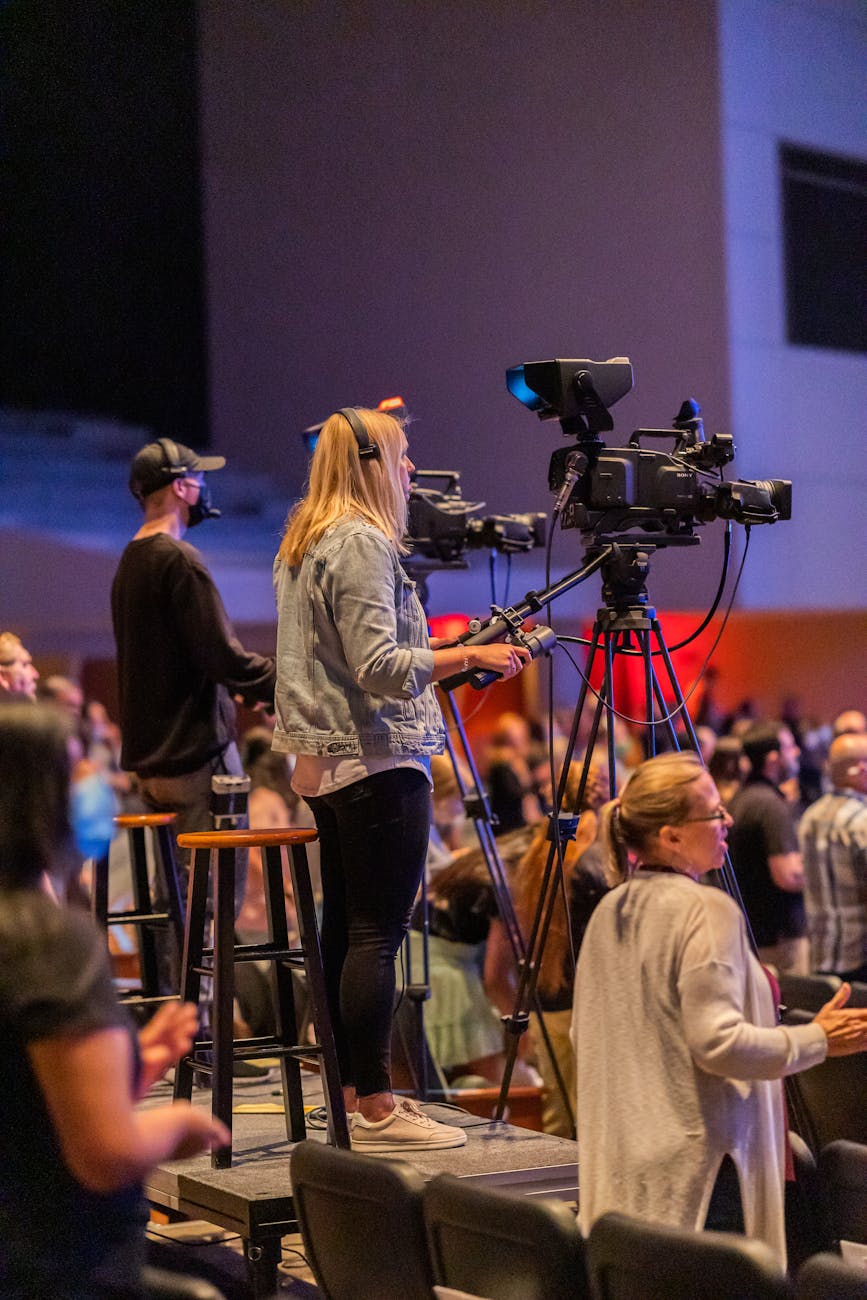Late-Night TV Shakeup: Kimmel’s Exit Follows Colbert’s Woes
In a surprising turn of events, the late-night television landscape is facing serious shakeups as Jimmy Kimmel’s recent cancellation has raised eyebrows across the industry. For fans and critics alike, this move confirms what many had long suspected following Stephen Colbert’s own recent struggles. The days of predictable late-night programming are numbered, and the ramifications could extend far beyond just the hosts involved.
For years, late-night television has been a battleground for political commentary, pop culture discussions, and comedic relief. However, as the media landscape evolves, it appears that the stakes are higher than ever. Kimmel’s departure from the late-night scene signals a shift that many insiders have whispered about: the need for media companies to align their programming with corporate interests, particularly when it comes to controversial figures like Donald Trump.
The trend has been evident since Colbert’s show began to falter in ratings, which many attribute to a saturated market and shifting viewer preferences. When a show that once thrived on sharp political satire starts to lose its edge, it raises concerns about what audiences really want. Kimmel’s cancellation only amplifies these concerns, suggesting that the increasingly polarized environment may be pushing networks to rethink their strategies.
What’s particularly striking is how Kimmel’s cancellation reflects a broader trend that has been simmering for some time. The late-night landscape has shifted dramatically, with younger audiences flocking to streaming platforms and social media for their comedic fix. These platforms offer a diverse range of voices and styles that traditional late-night shows struggle to compete with, leaving them scrambling to adapt. The risk of becoming outdated is real, and Kimmel’s exit demonstrates just how quickly the tides can turn in this business.
Moreover, as media conglomerates pursue mega-mergers to bolster their market positions, they are also wrestling with the implications of their content. The reality is stark: if they want these mergers to go smoothly, they may need to silence or distance themselves from outspoken critics of the current administration. This creates a chilling effect on creative freedom and could lead to a homogenization of late-night content that prioritizes corporate approval over genuine comedic expression.
As networks scramble to find a formula that appeals to a broader audience, we might see a shift toward safer, less controversial content. This could alienate a significant portion of viewers who crave the bold, unfiltered commentary that defined late-night shows in their heyday. The challenge lies in balancing profitability with the integrity of comedic expression. How can late-night hosts maintain their edge while catering to the demands of a corporate landscape that may not share their values?
What does this mean for the future of late-night television? The reality is that the very fabric of what made late-night shows enjoyable—their ability to tackle hard-hitting topics with humor and wit—is at risk. As networks prioritize profitability and viewer ratings, we may see a retreat from controversial subjects that once sparked lively debates. This could lead to a wave of lukewarm content that fails to resonate with audiences looking for authenticity and boldness.
In the end, Kimmel’s cancellation is more than just a single show going off the air; it’s a reflection of the pressures that media companies face in a complex, rapidly changing environment. As the dust settles, one can only wonder who will emerge as the next big name in late-night, and whether they will have the freedom to speak their mind or be forced to toe the corporate line. Will the next host push boundaries and challenge the status quo, or will they play it safe to appease corporate overlords? Only time will tell.
Questions
What does Kimmel’s cancellation mean for the future of late-night TV?
Are media companies sacrificing creative freedom for corporate interests?
How will audience preferences shape the next wave of late-night hosts?




